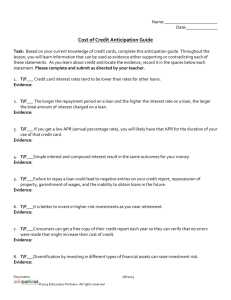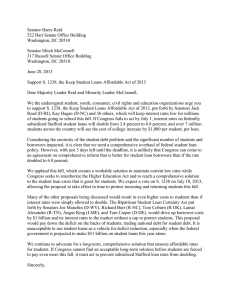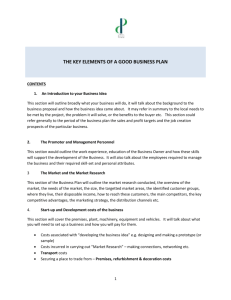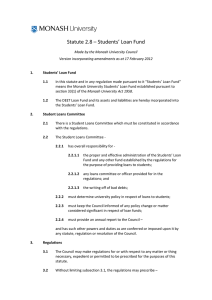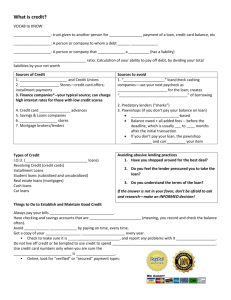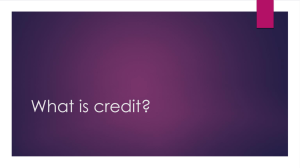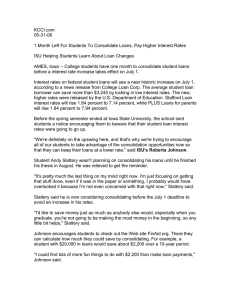Chapter 15
advertisement
Getting Started Definition: A business plan is a document that discusses in detail who is setting up the business, what the product/service is, how it is produced, marketed and financed. To identify who runs the operations of the business To distinguish to potential moneylenders is the business going to be profitable To identify how to raise finance Nature of Business: this describes the name of the business, the product being developed and any USP it may have 2. Ownership: this topic briefly identifies the entrepreneur, their history of education, work experience etc. 3. Management breakdown: How business is run (sole trader, partnership, limited company). It also lists who is production manager, marketing manager, financial manager etc. and any key staff in the business. 1. 1. 2. 3. Operations/production: identifies how the business operates, what premises/equipment raw materials is required. It also details what type of production method is used. Marketing: This section describes the market, its size, its competitors, and its target market. It also highlights the USP that the product has as a key method in promoting product. It also details the marketing strategy in the form of marketing mix (4 p’s) that the business has. Financial: This will include figures of 1. 2. 3. Start up costs - premises, equipment Sources of finance -grants, loans, savings Expected profitability – budgets, a forecasted trading profit and loss account. This in mainly broken into three strands: Sole trader Partnership Private Limited company (Ltd.) [You can also choose either a Co-Operative Society (Co-Op) or a Public Limited Company (plc.)] Batch production Mass production Job production Sub contracting/Outsourcing Factors to consider 1. Purpose of the finance needed 2. Amount of money the business needed (i.e.) if small amount needed will a short term loan be sufficient, if large sum needed will a long term loan or investors be adequate 3. Control – will the business person be comfortable in the knowledge that in order to raise finance he/she may have sacrifice a valuable share of the business What banks will look for before agreeing a loan 1. Purpose of money your looking for 2. Your ability to repay 3. Credit worthiness in any previous dealing with bank 4. The security you can place against the loan in case of any problem arising on repayments 5. Business plan that has a detailed description of business model 6. Feasibility study on the particular product may be seen as being well researched, Evaluation can now be done where banks can make a well-informed decision Sources of finance: Long term (5+) years Government grants Equity Investment Long term loans Medium term Term loans Hire Purchase Leasing (1-5) Years Short term (0-1) Year Bank overdraft Trade Credit Factoring Debts

